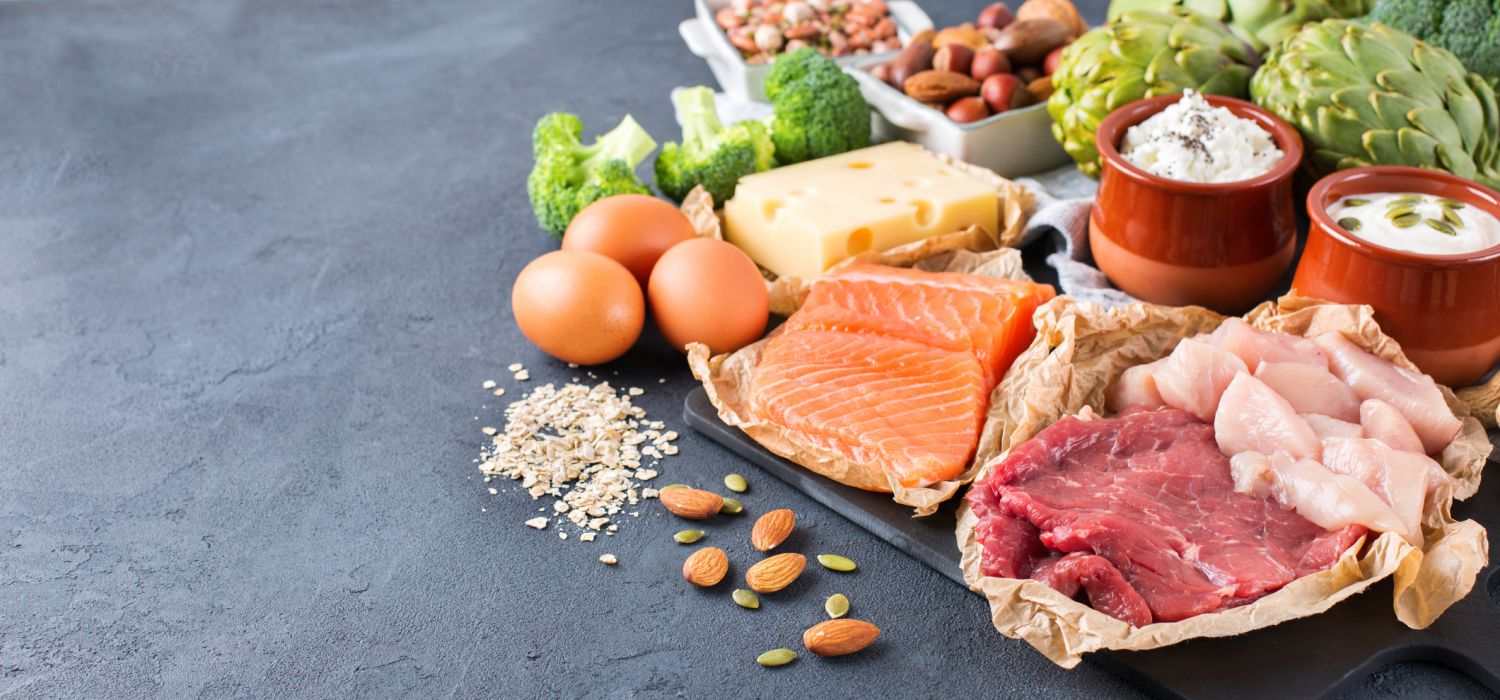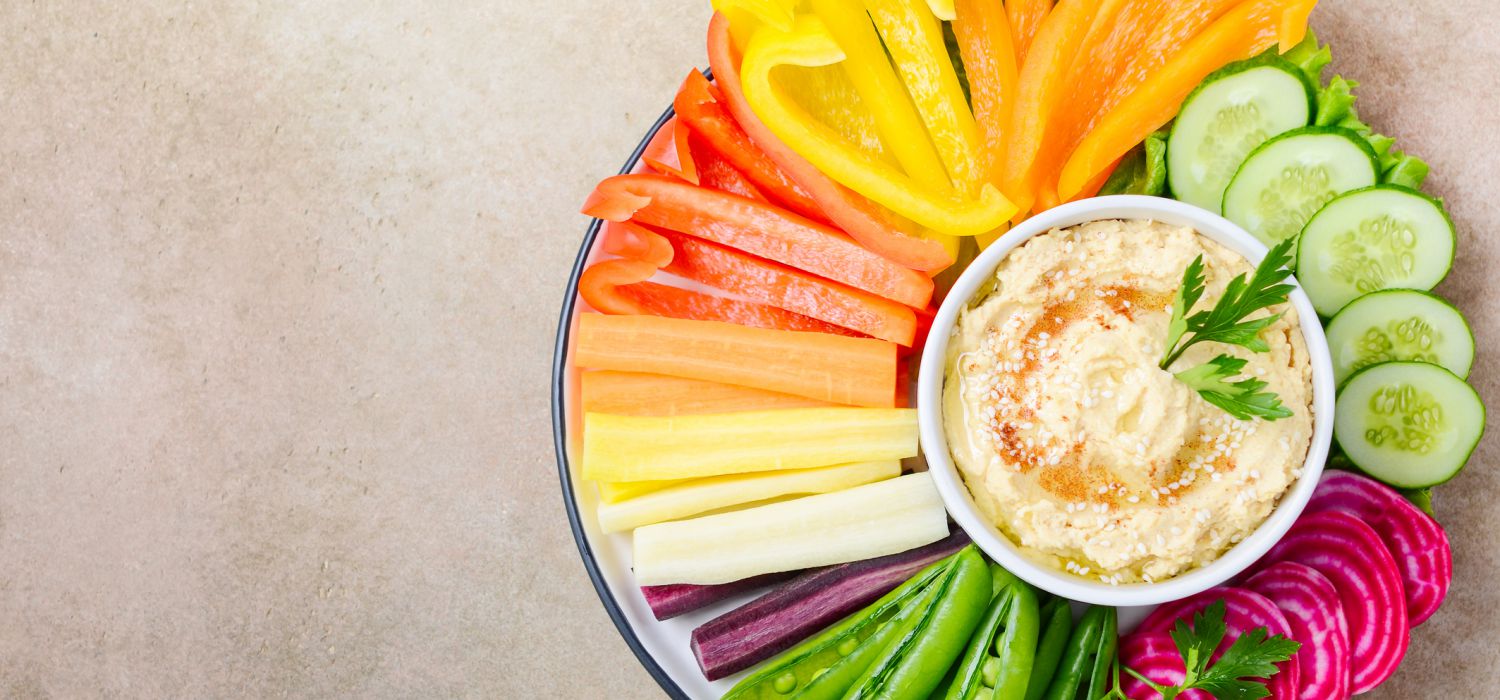When it comes to keeping your immune system in good shape, prevention of infection is best but keeping your immune system in good shape by optimising your diet and lifestyle is also a good idea! I asked Jutta the MAGGI nutritionist for some tips to boost immunity and and this is what she said:
“Getting plenty of exercise, adequate sleep and managing stress will do wonders for the immune system, but eating a healthy, balanced diet will supply your body with the nutrients important for immune function, and help you recover faster from illness.
Amino acids from protein foods are required and sources include lean meat, poultry, fish, eggs and dairy foods. Vegetarian alternatives include tofu, pulses and legumes (eg kidney beans, chickpeas, lentils) and plant-based meat alternatives.
Vitamin A is needed and comes preformed from meat (especially offal meats like liver eg pate), oily fish (salmon, mackerel, tuna), and in precursor form as beta-carotene in brightly coloured fruits and vegetables.
Vitamin C is needed from foods such as fruits and vegetables – particularly citrus, berries, capsicum, tomatoes and kiwi fruit.
Vitamin D is found in fatty fish, eggs and full fat dairy but the main source is from sunshine. An inactive form of vitamin D produced by the body is converted to an active form by exposure to sunlight in the skin. The Cancer Council of Australia recommends In late autumn and winter in some southern parts of Australia, when the UV Index falls below 3, to spend time outdoors in the middle of the day with some skin uncovered. Being physically active (e.g. gardening or going for a brisk walk) also helps boost vitamin D levels. Research shows low levels of vitamin D are linked with higher incidence of acute respiratory tract infections.(1)
Vitamin E is also helpful and comes from vegetable oils and foods made from these such as spreads and salad dressings, and nuts and seeds.
Iron and zinc are required for immunity. The best sources of iron are lean red meat but it is also in wholegrains and legumes (and iron is added to some foods such as breakfast cereals so don’t forget to check the label). Foods high in zinc include oysters, meat and poultry, and it is also in beans and legumes.
Phytonutrients found abundantly in plant based foods such as vegetables, legumes, fruit, nuts, seeds and wholegrains support immunity. Two particular immune boosting superstar plant foods are garlic and mushrooms. Emerging research shows the active component beta glucans in mushrooms stimulate the immune system (2) while garlic supplementation has been shown to reduce the incidence and duration of common cold.(3)
Gut health also affects immunity (4) so ensure you enjoy plenty of fibre-rich foods such as vegetables, legumes and wholegrains and probiotic foods such as yoghurt”.
It is clear vegetables (including legumes) are powerhouses full of many of the key nutrients that are needed to support a healthy immune system. Why not try swapping out the mince with MAGGI Chilli Con Carne Recipe Base for a can of lentils or chick peas, or even both if you really want to include more immune supporting legumes.
References
- Martineau A et al, Vitamin D supplementation to prevent acute respiratory tract infections: systematic review and meta-analysis of individual participant data, BMJ 2017
- Valverde M et al, Edible Mushrooms: Improving Human Health and Promoting Quality Life, Int J Microbiology, 2015
- JoslingP Preventing the common cold with a garlic supplement: a double-blind, placebo-controlled survey, Adv Ther 2001
- Lombardi et al, Nutritional modulation of the intestinal microbiota; future opportunities for the prevention and treatment of neuroimmune and neuroinflammatory disease. JNutrBiochem 2018



